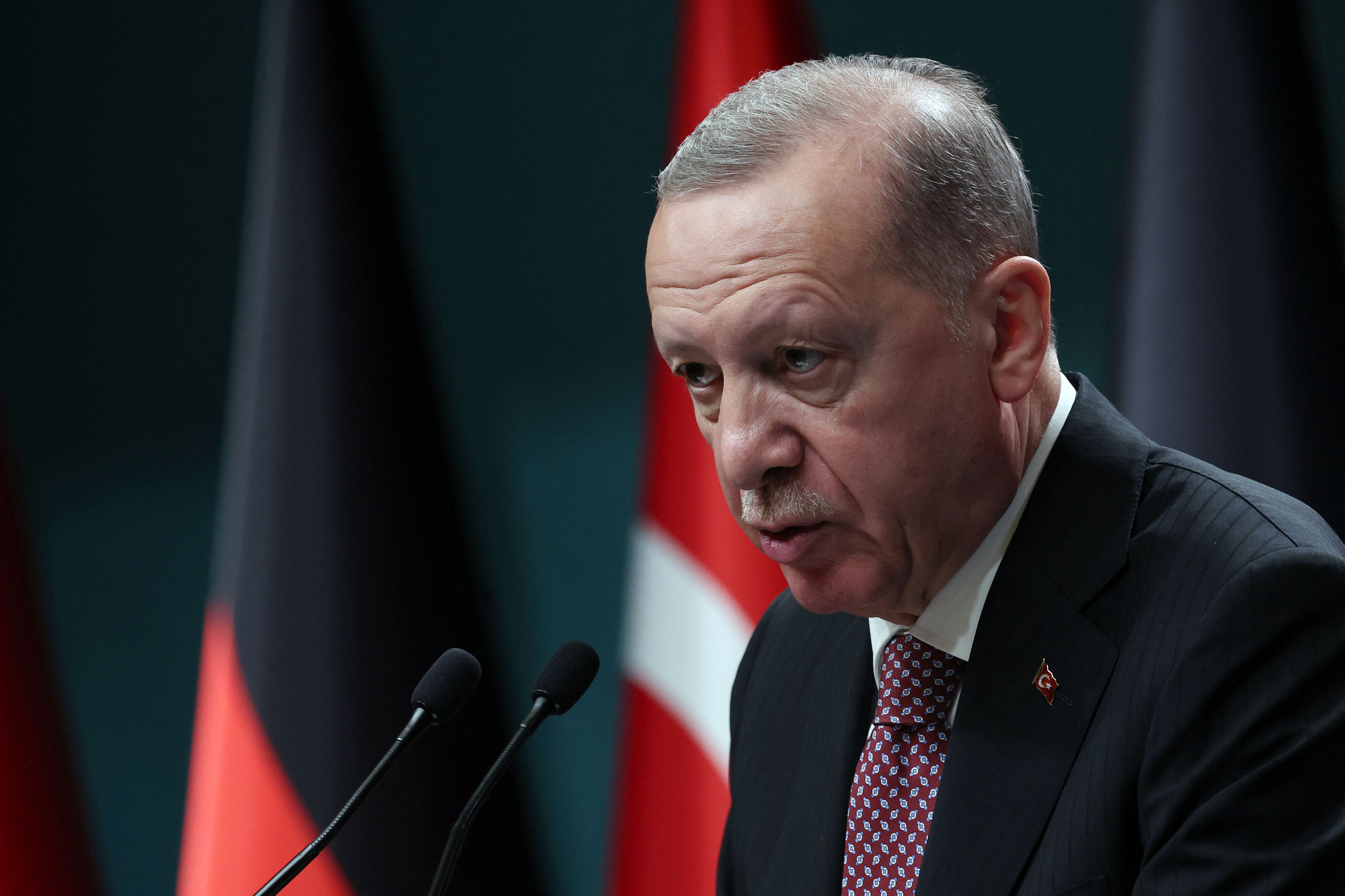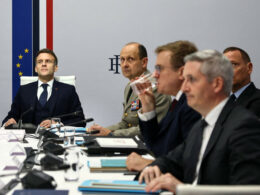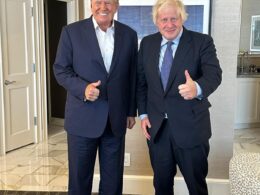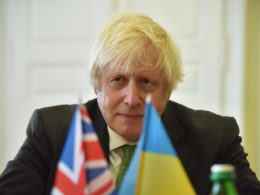As revealed by the German news outlet Die Welt, only a few points remained open concerning the peace agreement. These were to be negotiated personally by Vladimir Putin and Volodymyr Zelenskyy at a summit meeting - which never took place.
Immediately after the outbreak of war, Russian and Ukrainian negotiators began negotiating an end to hostilities. While the world and the Ukrainians were in shock at the Russian invasion, Moscow tried to achieve Kyiv's surrender at the negotiating table.
Following Ukraine's increasing success on the battlefield, Russia even backed away from its maximum positions. The talks finally culminated in the first direct negotiations in Istanbul under the mediation of Turkish President Recep Tayyip Erdoğan at the end of March.
The images from the meeting on the Bosporus raised global hopes of a quick end to the war. In fact, both sides then began to draw up a draft agreement.
Permanent neutrality for Ukraine, but EU membership allowed
There was agreement on the basic principles of peace. According to Article 1 of the draft treaty, Ukraine committed itself to “permanent neutrality”. Kyiv thus renounced any membership of a military alliance. The country's accession to NATO would thus have been off the table. The 13 sub-items of the first article show how far-reaching the definition of neutrality was.
For example, the country agreed never to “receive, produce or acquire” nuclear weapons, not to allow foreign weapons and troops in the country and not to make its military infrastructure, including airfields and seaports, available to any other country.
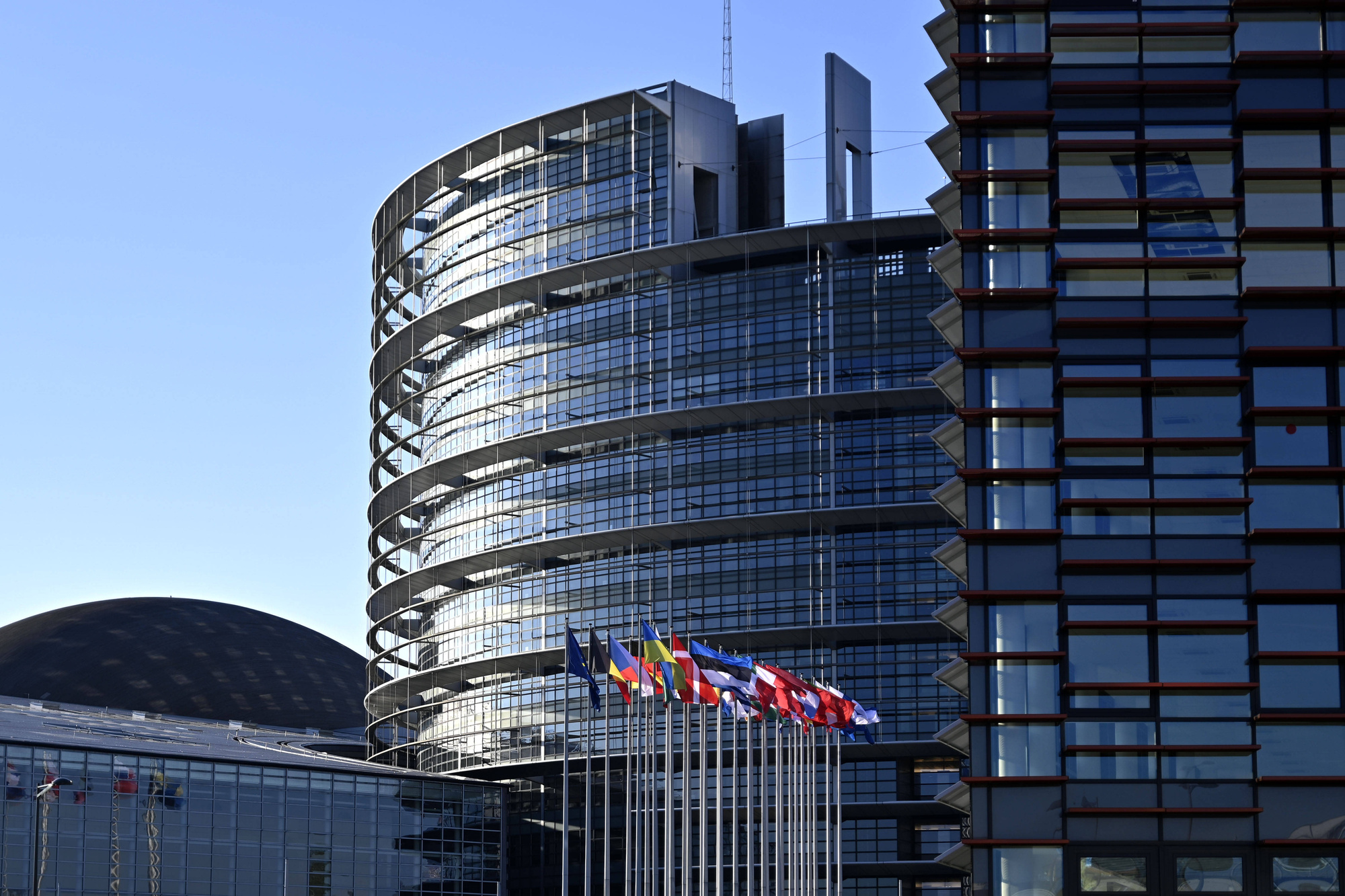
Furthermore, Kyiv refrained from holding military exercises with foreign participation and from taking part in any military conflicts. However, according to Article 3 of the document, nothing expressly stood in the way of Kyiv's EU membership.
Security guarantees 2.0
In return, Russia promised not to attack Ukraine again. So that Kyiv could be sure of this, Moscow agreed that the five permanent members of the UN Security Council - the USA, the UK, France, China and Russia itself - could issue comprehensive security guarantees to Ukraine. In Article 5 of the draft treaty, Kyiv and Moscow agreed on a mechanism reminiscent of the NATO standby clause.
In the event of an “armed attack on Ukraine”, the guarantor states would undertake to support Kyiv in its right to self-defense as enshrined in the UN Charter within a maximum of three days. This assistance could take the form of “joint action” by all or individual guarantor states. According to Article 15, this treaty should have been ratified in every signatory state in order to guarantee binding force under international law.
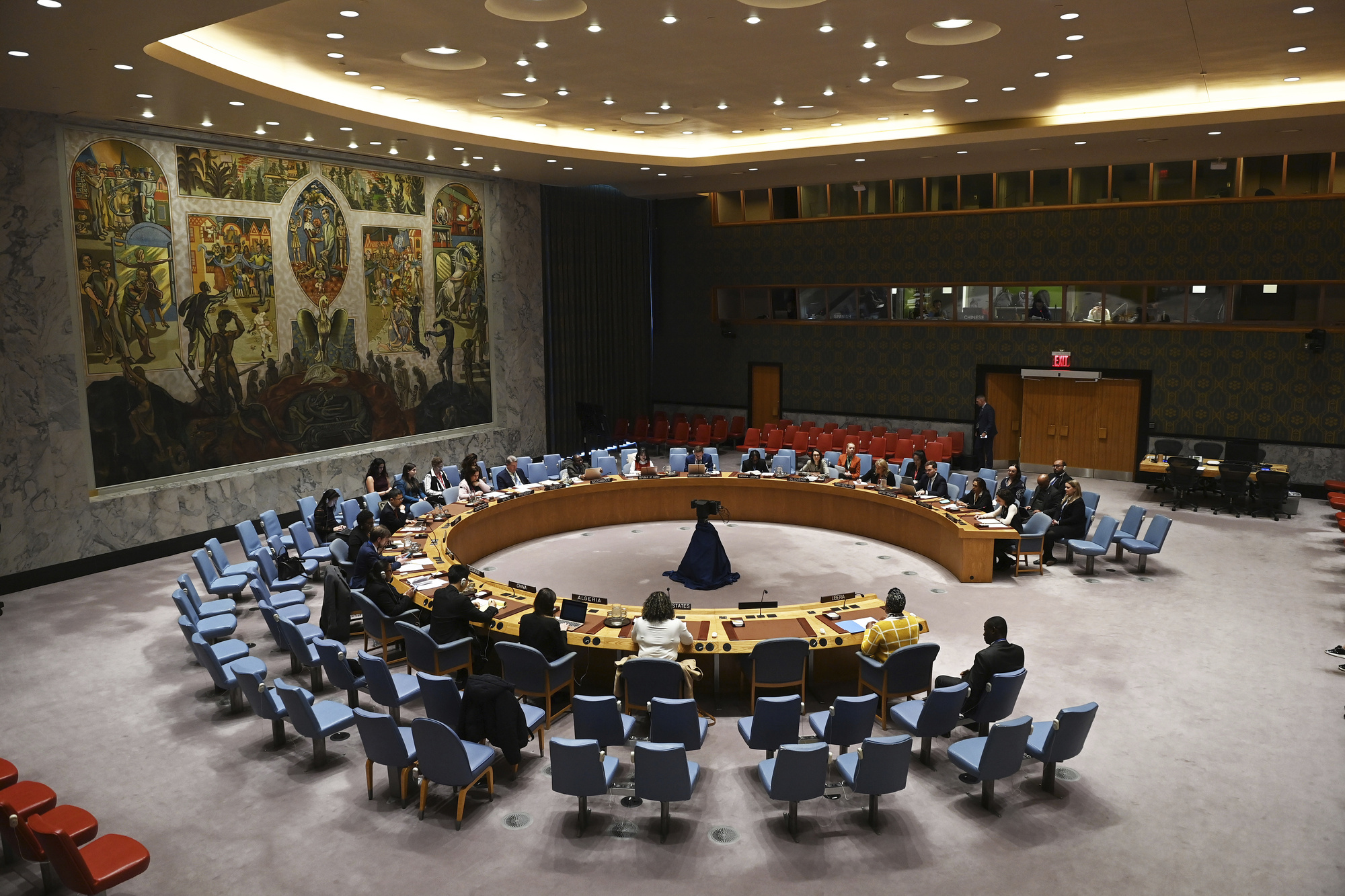
In this way, both sides have developed a mechanism that differs significantly from the 1994 Budapest Memorandum. At that time, Russia had already assured Ukraine of its territorial integrity. Western states promised Kyiv support in the event of an attack, but did not guarantee it.
However, security guarantees, which were being considered in the spring of 2022, would have required the approval of the United States, China, Britain, and France in a second phase. Russia also wanted to include Belarus, and Kyiv wanted to include Türkiye. However, the first goal of the Istanbul negotiators was to create unity between Kyiv and Moscow in order to use the text as a basis for multilateral negotiations.
Occupied territories
Crimea and the port of Sevastopol were to be excluded from the security guarantees. By doing so, Kyiv was effectively ceding control of the peninsula to Russia.
It is not clear from the document exactly what part of eastern Ukraine was to be excluded from the guarantor states' promise. The relevant places had red marks. In the Istanbul communiqué, Kyiv allegedly agreed to exclude parts of the Donetsk and Luhansk regions, which Russia already controlled before the war began. The Russian delegation, on the contrary, insisted that Putin and Zelenskyy personally determine the borders and put them on the map. The Ukrainian delegation rejected this option.
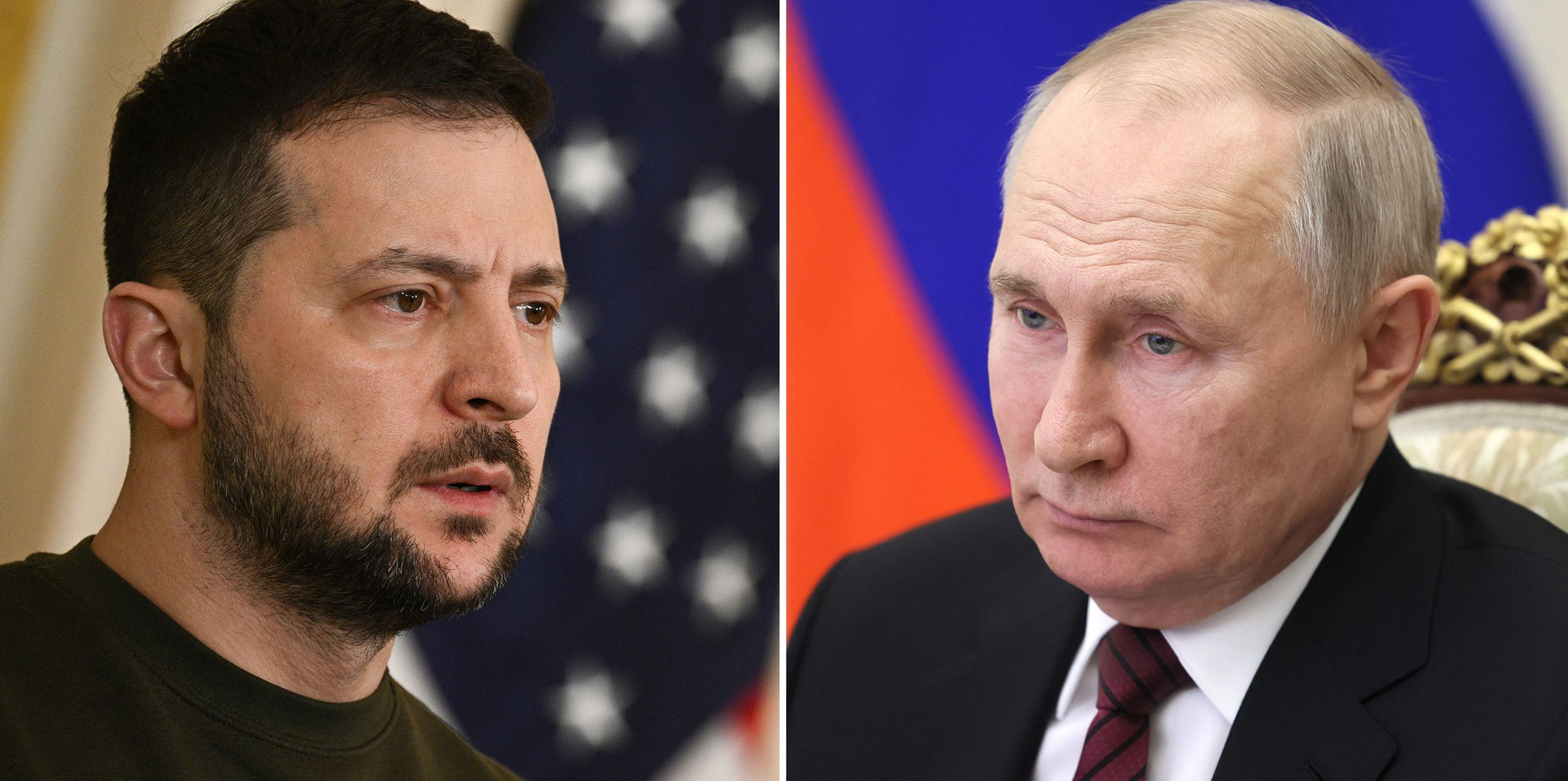
Russia demanded that in the event of an attack, all guarantor states agree to activate the assistance mechanism. This would have given Moscow veto power to override the defense mechanism. In addition, Moscow rejected a Ukrainian demand that guarantor states could establish a no-fly zone over Ukraine in the event of an attack.
At the talks, Russia signaled a willingness to withdraw from Ukraine, but not from Crimea and parts of Donbas, which were to be excluded from the security guarantees. Putin and Zelenskyy were to discuss the details of the withdrawal directly. This was confirmed to the publication by two Ukrainian participants in the negotiations independently of each other.
Ukrainian demilitarization
Also unresolved was the issue of the size of the Ukrainian army in the future. Kyiv partially responded to Russia's demands for demilitarization. Moscow demanded that the Ukrainian army be reduced to 85,000 soldiers - about one million soldiers are now serving there. Ukraine proposed a troop strength of 250,000 soldiers.
Opinions also differed on the amount of military equipment. Russia demanded to reduce the number of tanks to 342, while Kyiv wanted to keep up to 800. Ukraine only wanted to reduce the number of armored vehicles to 2400 units, while Russia demanded to keep only 1029 units.
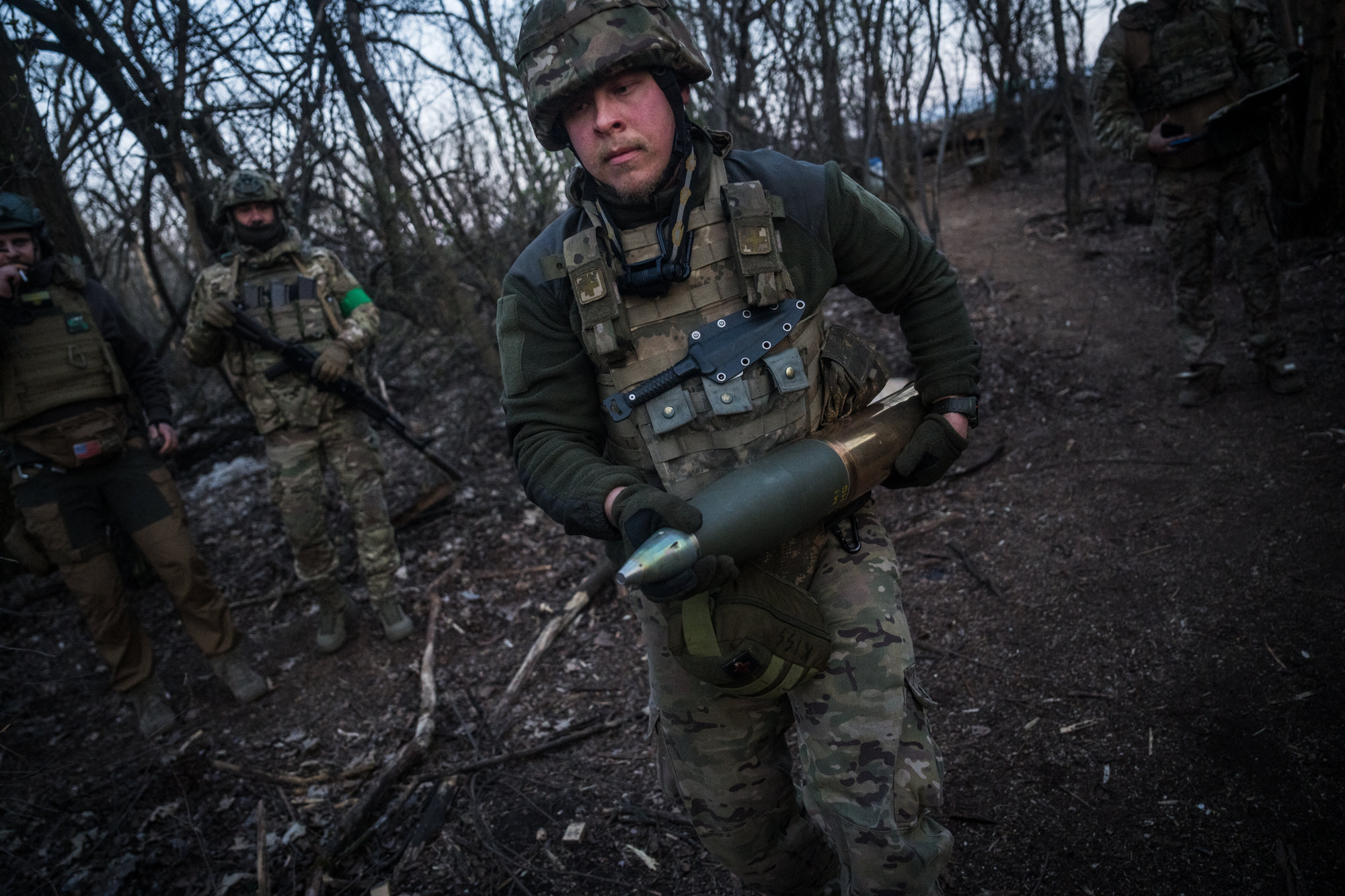
There was also a big difference in artillery guns. Moscow planned 519, Kyiv 1,900. Kyiv wanted to keep 600 multiple rocket launchers with a range of up to 280 kilometers; according to Russia's ideas, there should have been 96 of them with a maximum range of 40 kilometers. According to Russia's wishes, the number of mortars was to be reduced to 147 and anti-tank missiles to 333; according to Kyiv's wishes, they were to be reduced to 1,080 and 2,000 respectively.
In addition, Russia demanded the destruction of Ukrainian aviation. Moscow demanded to keep 102 fighter jets and 35 helicopters, while Kyiv insisted on 160 airplanes and 144 helicopters. According to Russian ideas, there should be two warships, while according to Ukrainian ideas, there should be eight.
Additional Russian demands
According to German journalists, the draft treaty shows how close Ukraine and Russia were to a possible peace agreement in April 2022. But after a promising summit in Istanbul, Moscow made the following demands, which Kyiv did not agree to.
Consequently, Russia demanded to make Russian the second state language in Ukraine, lift mutual sanctions and stop lawsuits in international courts. Kyiv also had to legally ban “fascism, Nazism and aggressive nationalism.”
As Die Welt learned from several diplomats involved in the negotiations, there was strong interest in a treaty in the spring of 2022. After the failed offensive on Kyiv, Russia withdrew from northern Ukraine and announced that it wanted to focus on gaining territory in the east.
Die Welt quoted an unnamed member of the Ukrainian delegation as saying: “This was the best deal we could have had”. The publication believes that even after more than two years of war, this agreement still looks favorable in retrospect.
Why the agreement failed
The negotiators then predicted that Zelenskyy and Putin would sign the document in April 2022.
Die Welt writes that a member of the Ukrainian delegation, David Arahamiya, suggested in November 2023 why the two leaders never met. Then British Prime Minister Boris Johnson arrived in Kyiv on April 9 and said that London would “sign nothing” with Putin and that Ukraine should continue fighting.
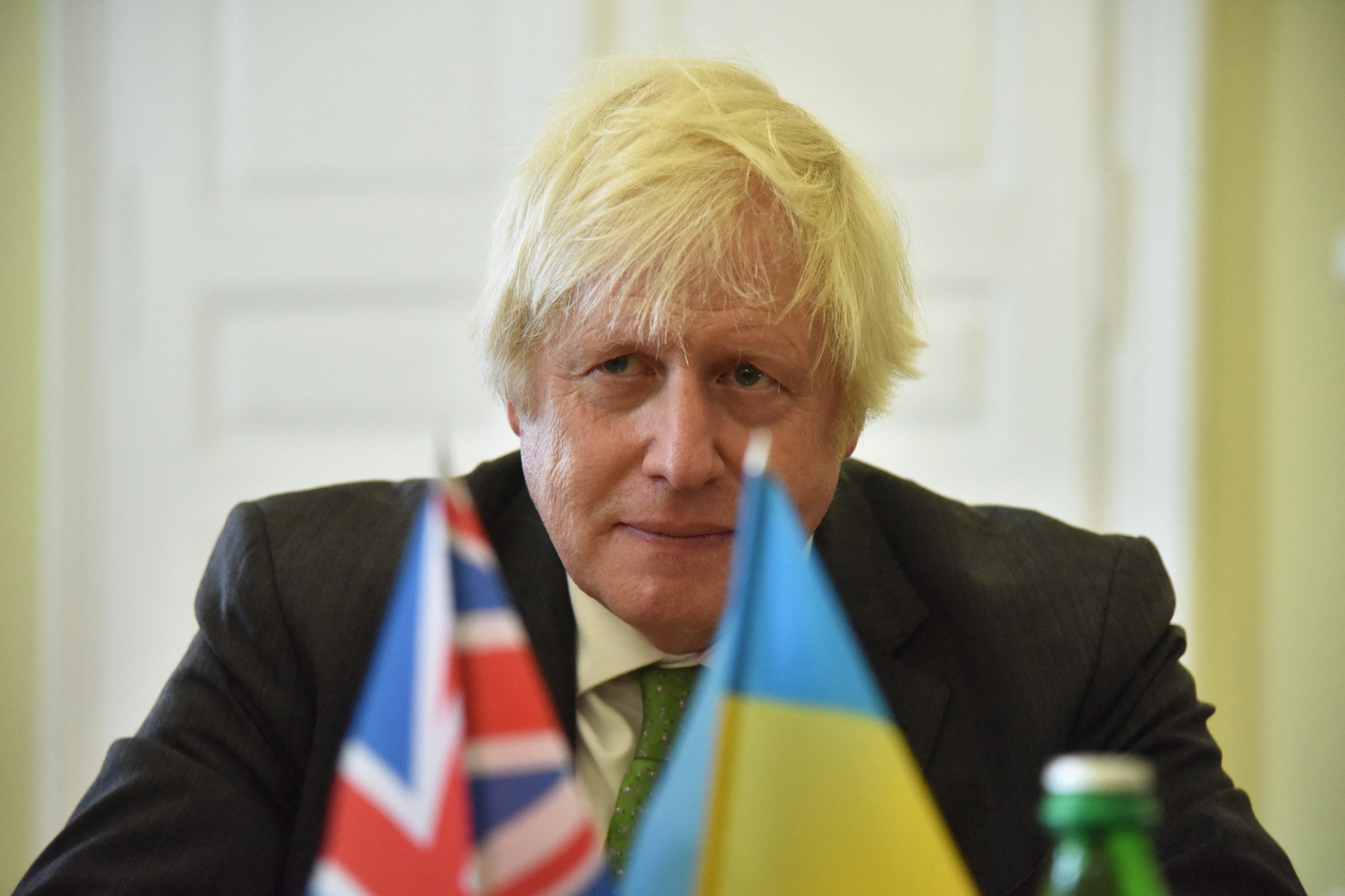
Johnson later rejected this thesis. However, according to Die Welt, there is reason to believe that the proposal to provide security guarantees to Ukraine in agreement with Russia failed at this stage.
Read more:
- Pope again calls for negotiations, which would freeze war to Russia's benefit
- Shoigu warns France against deploying troops to Ukraine in rare phone call
- Russian FM Lavrov reiterates Russia's maximalist goals in Ukraine
- 9 reasons negotiations with Russia are utterly pointless
- Inews: UK, Russia engaged in secret talks for 18 months amid Ukraine war
- Russian FM Lacrov claims Russia will continue hostilities until Ukraine's capitulation - ISW
- Macron says new security architecture should give guarantees for Russia - Reuters

